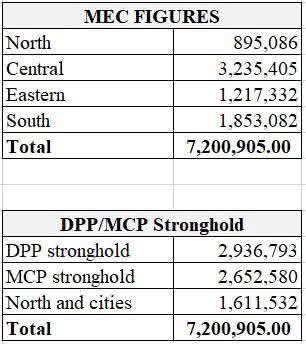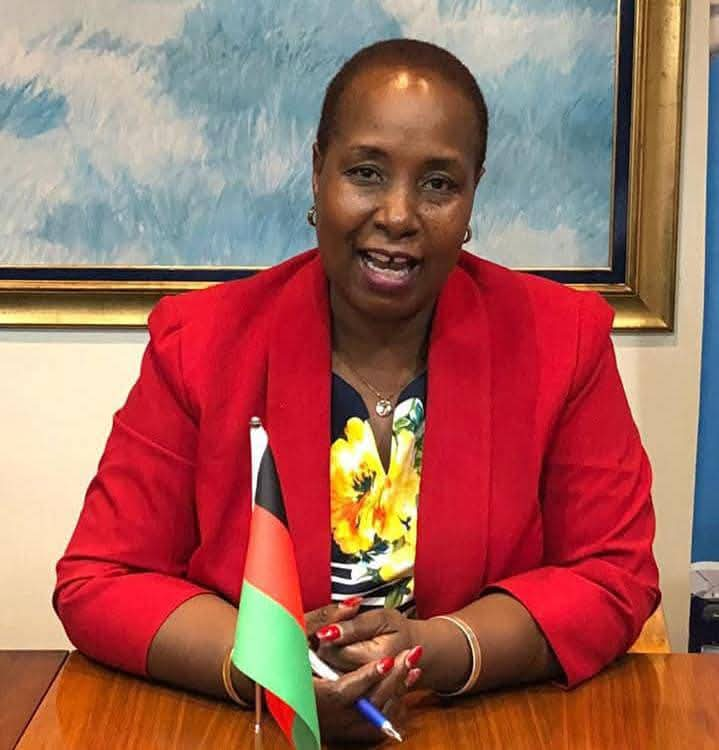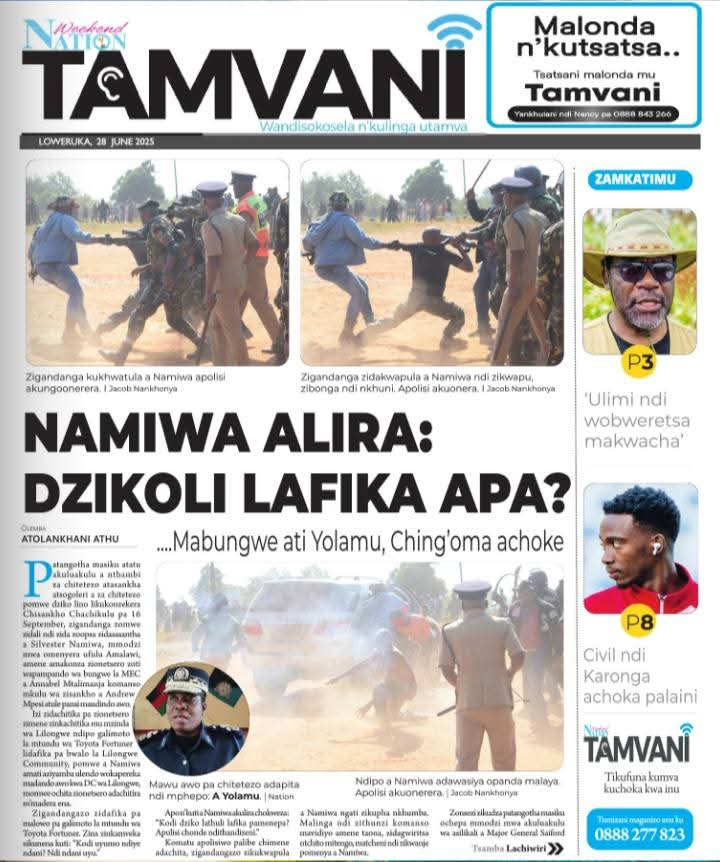Opinion By Suleman Chitera, Lilongwe
Fresh voter registration figures from the Malawi Electoral Commission (MEC) have stirred national debate ahead of the highly anticipated September 16 General Elections, with political analysts and observers projecting a strong comeback for the opposition Democratic Progressive Party (DPP).
According to the 2025 MEC data, over 300,000 more voters have been registered compared to the 2019 general election figures. While at face value the increase may suggest growing political interest, analysts warn that the numbers point to a silent political revolution—one that may usher the DPP back into government through a 50+1 majority win.
Voter Trend Breakdown
Though the MEC has not officially associated registration figures with specific political parties, a comparative analysis with 2019 data indicates that DPP’s vote base has remained largely intact. In contrast, the Malawi Congress Party (MCP) appears to be losing ground, especially in its Central Region stronghold.
Independent post-registration audits and political fieldwork show that 49% of voters in the Central Region—once the bedrock of MCP support—are ready to vote against President Lazarus Chakwera, citing leadership failures and mismanagement of the economy.
“MCP has lost touch with the people. There is no excitement this time around, no visible momentum like what we saw in 2020,” said political analyst Isaac Zulu. “That momentum came from their alliance with the late Saulos Chilima, who gave the opposition a credible image of hope and reform.”
Chilima’s Absence Shakes MCP
Many voters believe that the Tonse Alliance’s victory in the 2020 court-sanctioned election re-run was only possible due to the presence and credibility of then-Vice President Saulos Chilima. His death earlier this year in a tragic plane crash has left a vacuum that MCP has struggled to fill, with no party willing to enter a new alliance with the ruling party.
Voters across various regions, particularly the Southern and Northern Regions, which traditionally lean toward the DPP and UTM, have shown growing dissatisfaction with the MCP administration. Key concerns include inflation, rising unemployment, corruption, and a worsening healthcare system.
“MEC Figures Deceiving Without Context”
While the raw MEC numbers suggest an expanded voter base, political experts warn the figures alone don’t favor the ruling party.
“The numbers show a silent protest vote building up. People should not be deceived by registration figures alone. It’s about how people intend to vote—and the mood across the country is leaning against the current regime,” added Zulu.
The Road to 50+1
With a lack of strategic alliances on the MCP side, DPP appears poised to benefit from a fragmented ruling coalition and disillusioned voters. The 50+1 electoral system requires a candidate to win more than 50 percent of the total valid votes, a threshold the DPP is now projected to surpass if voter turnout trends remain consistent with current indicators.
Public Sentiment
Street interviews across Lilongwe, Blantyre, and Mzuzu reflect a population fatigued by economic hardship and governance failures.
“Chakwera promised the moon but delivered darkness,” said Esther Mwale, a trader in Mchesi. “People trusted him because of Chilima. Now there’s nothing—just poverty and broken promises.”
Conclusion
As the September 16 polls draw near, the stage is set for a fiercely contested election. However, the wind appears to be blowing in the DPP’s favor, driven by strategic voter retention, MCP’s declining influence, and widespread public frustration with the status quo.
Unless MCP pulls a last-minute miracle, Malawians may be poised to usher in a new political chapter—and possibly close the curtain on the Chakwera era.




